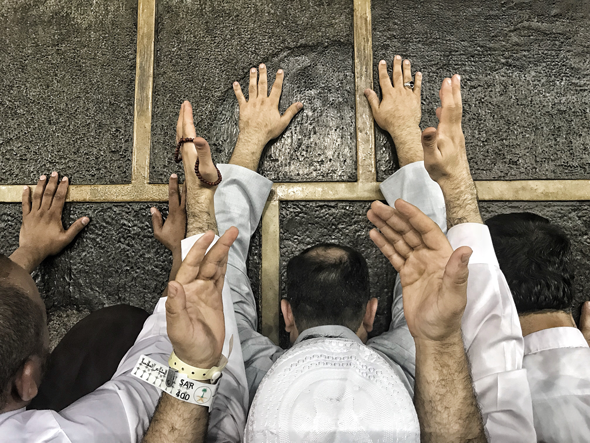
by Catholic News Service
WASHINGTON (CNS) – The U.S. Commission on International Religious Freedom said in a new report it finds there is “a troubling rise in intolerant content” in Saudi textbooks that promote “hatred and violence” against non-Muslims, women and gay men.
“Despite a commitment by Saudi officials to address this problem, these passages teaching hate and violence have reappeared in Saudi textbooks,” said Tenzin Dorjee, chairman of the commission.
He made the comments Nov. 26 in a statement accompanying the release of the commission’s report on the textbooks. For more than 15 years, the commission said, it has monitored and reported on the content of Saudi textbooks.
Titled “A Survey of 2017-2018 Saudi Middle and High School Textbooks,” the report said textbooks particularly demonize and target Shia and Sufi Muslims, non-Muslims, critics of Islam, women and members of the LGBTI community.
“Unlike past revisions to textbooks where progress had been made,” the report said, “these most recent texts contained several intolerant and inflammatory passages.”
A news release about the report said it surveyed 22 middle and high school textbooks used in Saudi schools and Saudi-funded schools abroad during the 2017-2018 academic year. Nearly 3,000 pages of text were examined.
The textbooks “encourage both violent and nonviolent jihad against nonbelievers and espouse the death penalty for women who have an affair and for gay men,” the report said.
“The textbooks also teach that those who worship differently from the Saudi state-sanctioned interpretation of Islam are polytheists who will go to hell regardless of their good deeds.”
Veneration of prophets’ gravesites by Shia and Sufi Muslims “is dismissed as ‘heresy’ while criticism of Islam is deemed ‘apostasy,’ for which the textbooks endorse the death penalty,” the report said. “Finally, the textbooks caution students to avoid friendship with members of other religions.”
In his statement Dorjee said: “The reappearance of some of these passages raises serious questions about whether Saudi Arabia is pursuing meaningful reform in their education system and curriculum.
“Perhaps even more troubling is that this inflammatory content continues to make its way around the world in Saudi-supported schools and is used by extremist groups like ISIS.”
